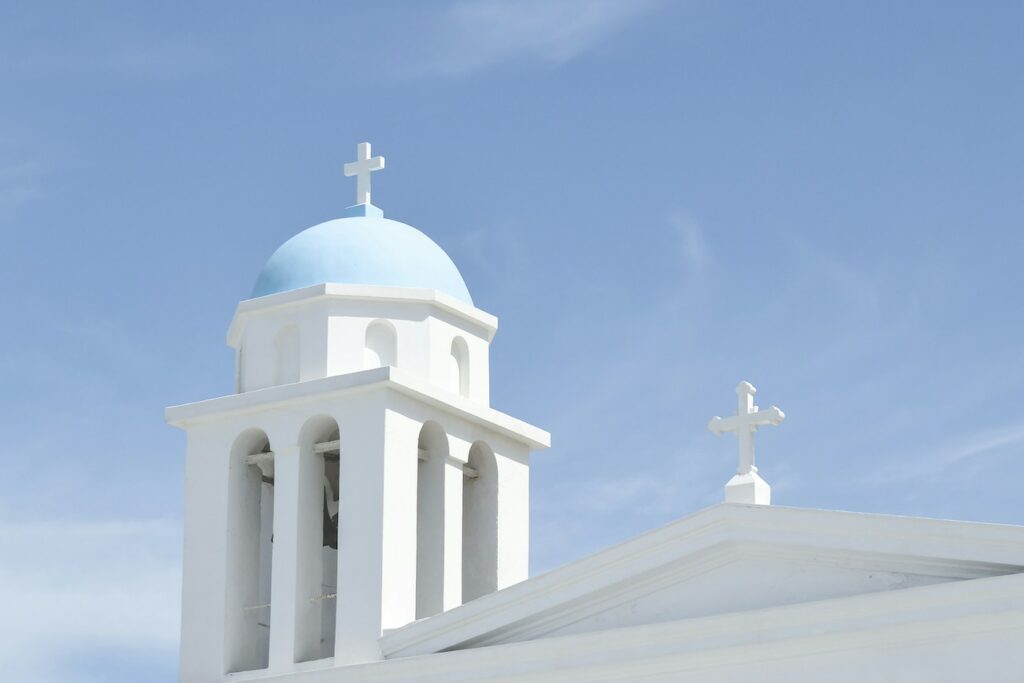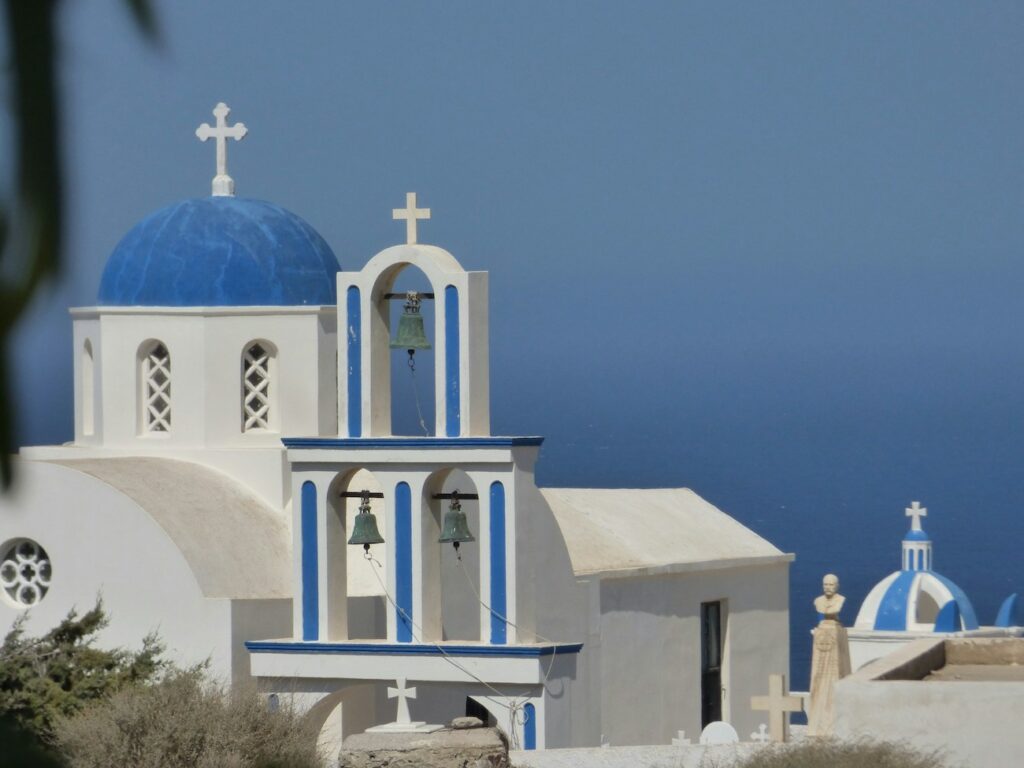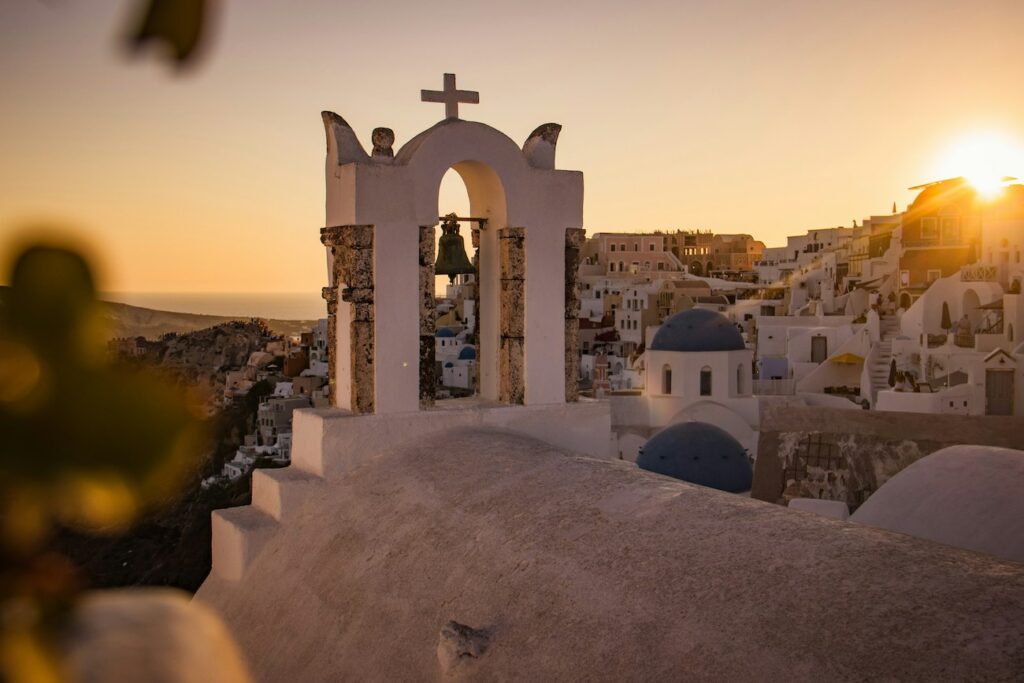Orthodox Christians in Greece celebrate Easter later than the rest of the Christian world. Why is that? How do Orthodox Greeks decide when to celebrate Easter? Why does the date of Easter change every year in Greece? When is Easter in Greece in 2024?

What is Easter in Greece?
Easter is the most important holiday of the year in Greece, and it marks the resurrection of Christ for Orthodox Christians in Greece. It is always a big celebration, whether you are an Orthodox Christian or not. In Greek, it is called “Pascha,” and it usually happens in late April or early May. Greece has many special and unique Easter traditions.
What Calendar is Used to Decide the Orthodox Easter?
In Greece, Easter is based on the Julian calendar. The Julian calendar was created by the Roman emperor Julius Caesar and is based on how long it takes for the Sun to go around the earth. The Julian Calendar was made in 45 BC, and was used until 1582 AD. So, the Julian Calendar was used when the Orthodox Church was first created.
In most other areas of the world, the Gregorian Calendar is used. This is why the Catholic Church celebrates Easter on a different day than the Orthodox Church. The Gregorian Calendar was created by Pope Gregory in 1582 and it fixed some of the problems of the Julian Calendar, which was slightly less accurate.

How is the Date of Orthodox Easter Decided?
In addition to the Julian Calendar, the date of Orthodox Easter needs to be after the Jewish Passover. In the Jewish calendar, Passover is determined by the full moon. The world “Pascha” also means “to pass over.” So, Pascha also follows the full moon. Easter must also be on a Sunday because this is the day Jesus rose from the dead.
Every few years, both the Orthodox and Western Easters are on the same date. This happens because sometimes, the two ways of choosing the Easter date end in the same result.

Getting Ready For Easter
One of the most practised traditions of Greek Easter is the fast leading up to the holiday. The period of Lent begins seven weeks before Easter and traditionally is a time of self-denial and spiritual reflection. Many Greeks choose to give up meat, dairy, and other animal products during this time and instead follow a fasting diet. The fasting period culminates in the Holy Week, which has beautiful church services during the week and leads up to the Easter celebration.

The Easter Menu
After the Easter Resurrection service at midnight on the day of Easter, families gather to celebrate the holiday and partake in traditional Easter foods. One of the most popular Easter dishes in Greece is magiritsa, a soup made from lamb offal and herbs. The soup is traditionally eaten after the midnight service, and it is believed to be a fortifying meal after the long period of fasting.
Undoubtedly, the most popular Easter dish in Greece is lamb, which is roasted on a spit or cooked in a variety of other ways. Families gather together on Easter, typically in an outdoor area, and feast.
Another important Easter food is the tsoureki, a sweet bread made with orange zest and spices. It is among Greece’s best sweets. The baking of the tsoureki usually takes place on Good Wednesday or Thursday, and the bread is braided into a circular shape, symbolizing the crown of thorns worn by Jesus during his crucifixion.









